Insights
Insights and updates from the Webtures team on SEO, analytics, and growth.

AI Training
Webtures / 23 Feb 2026

Content Prompt Production
Webtures / 23 Feb 2026
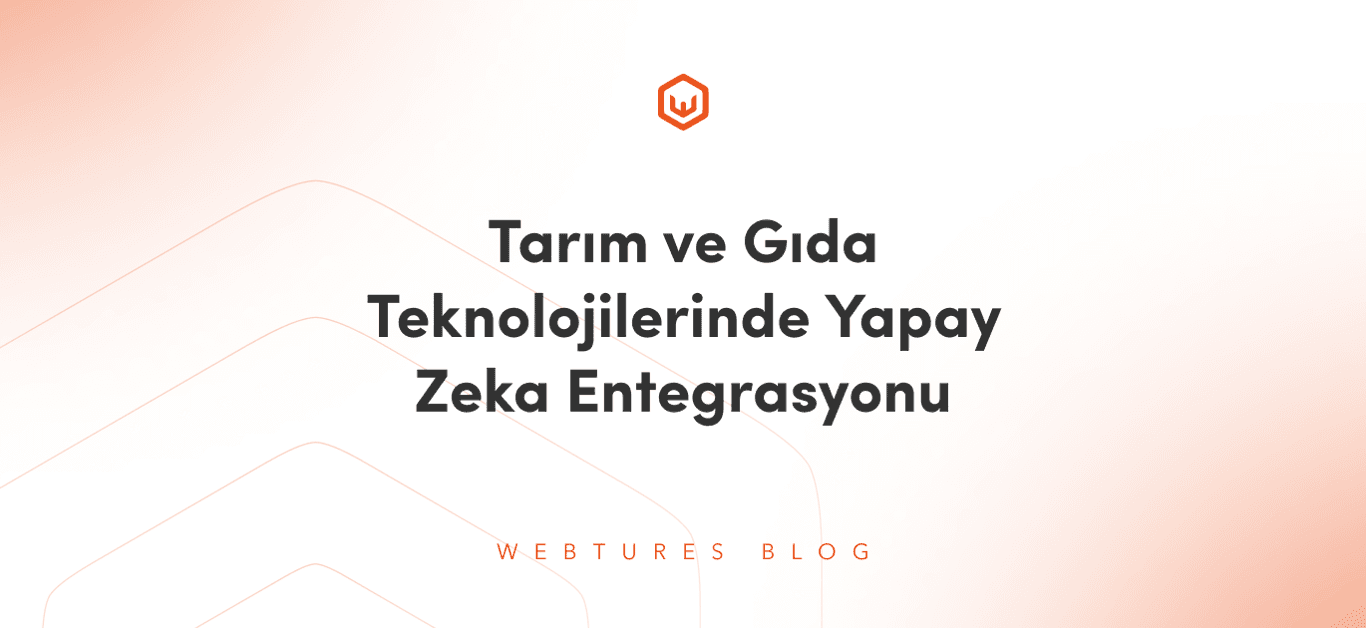
AI Integration in Agriculture and Food Technology
Webtures / 06 Feb 2026
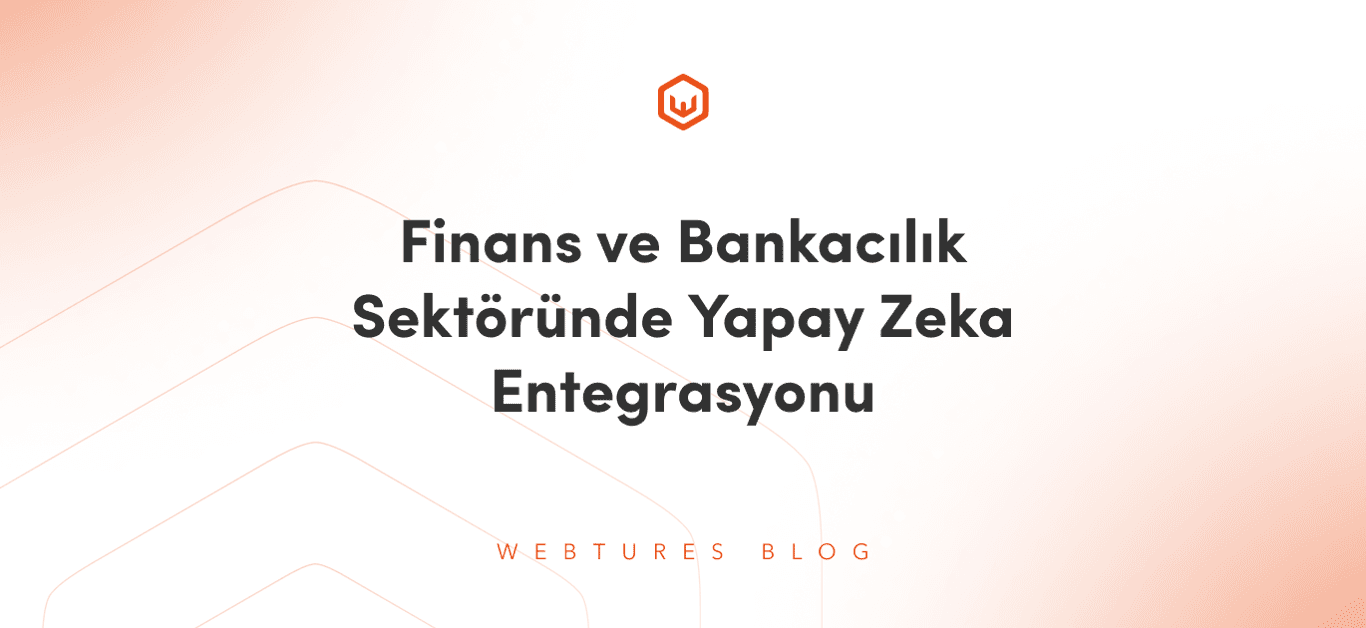
AI Integration in Finance and Banking
Webtures / 06 Feb 2026
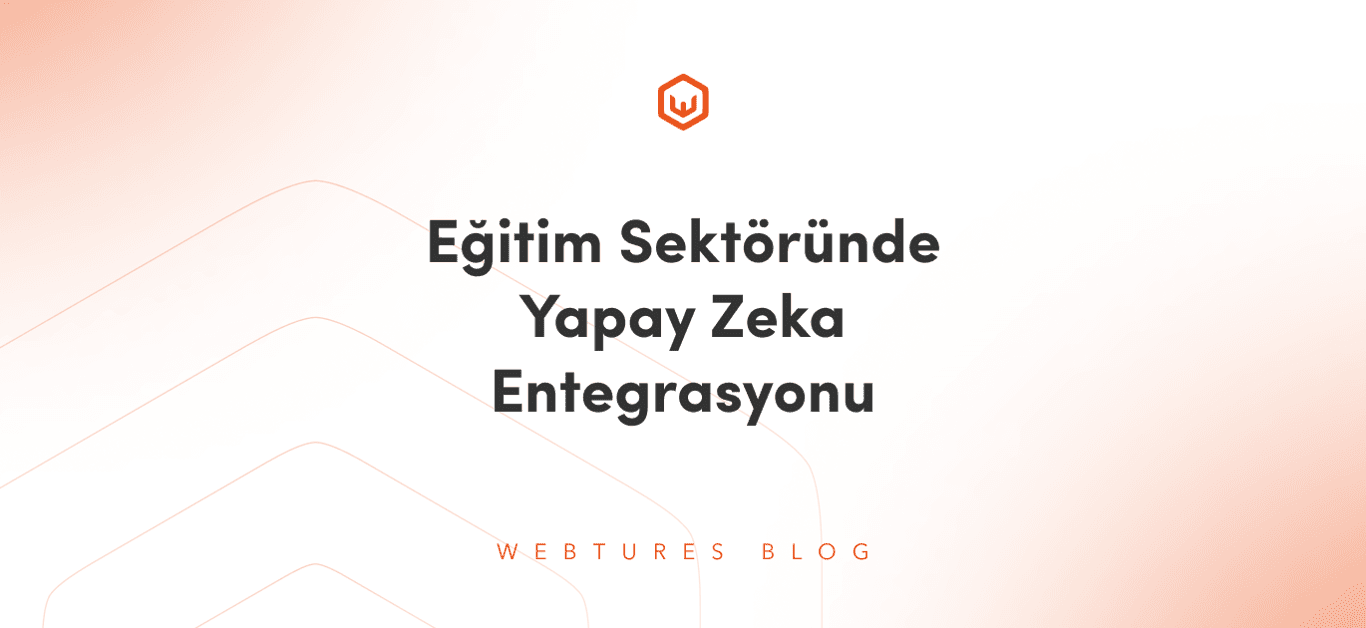
AI Integration in the Education Sector
Webtures / 06 Feb 2026
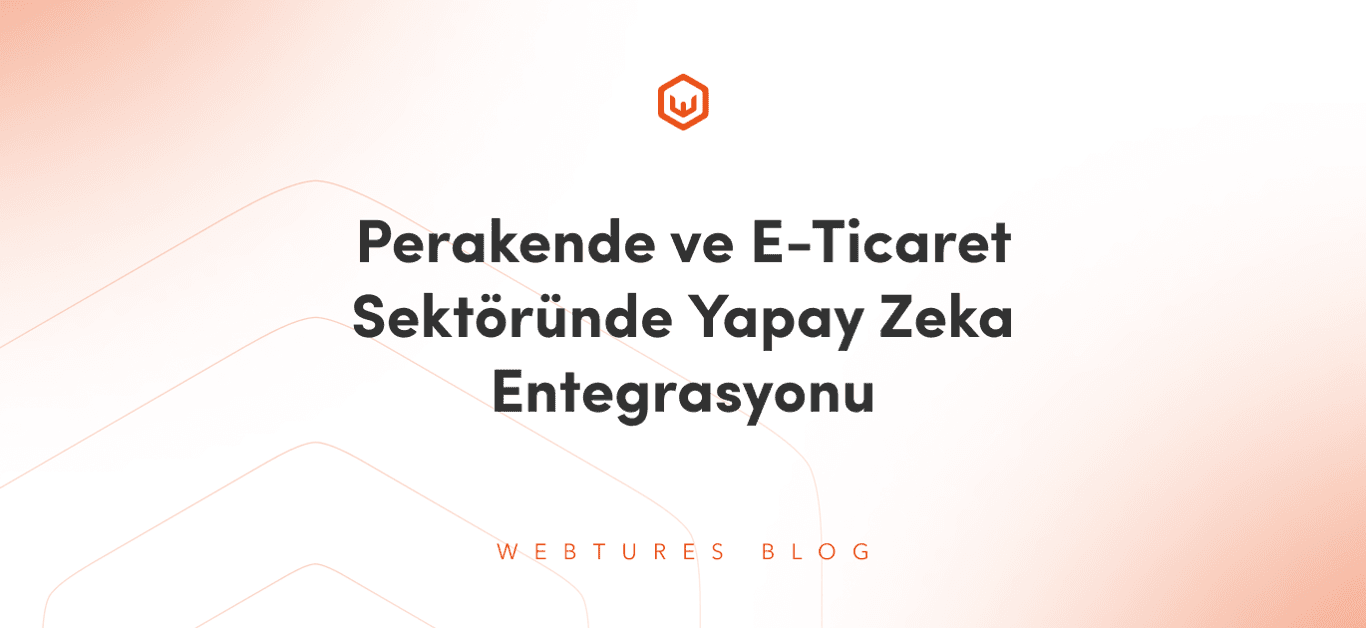
AI Integration in Retail and E-commerce
Webtures / 06 Feb 2026
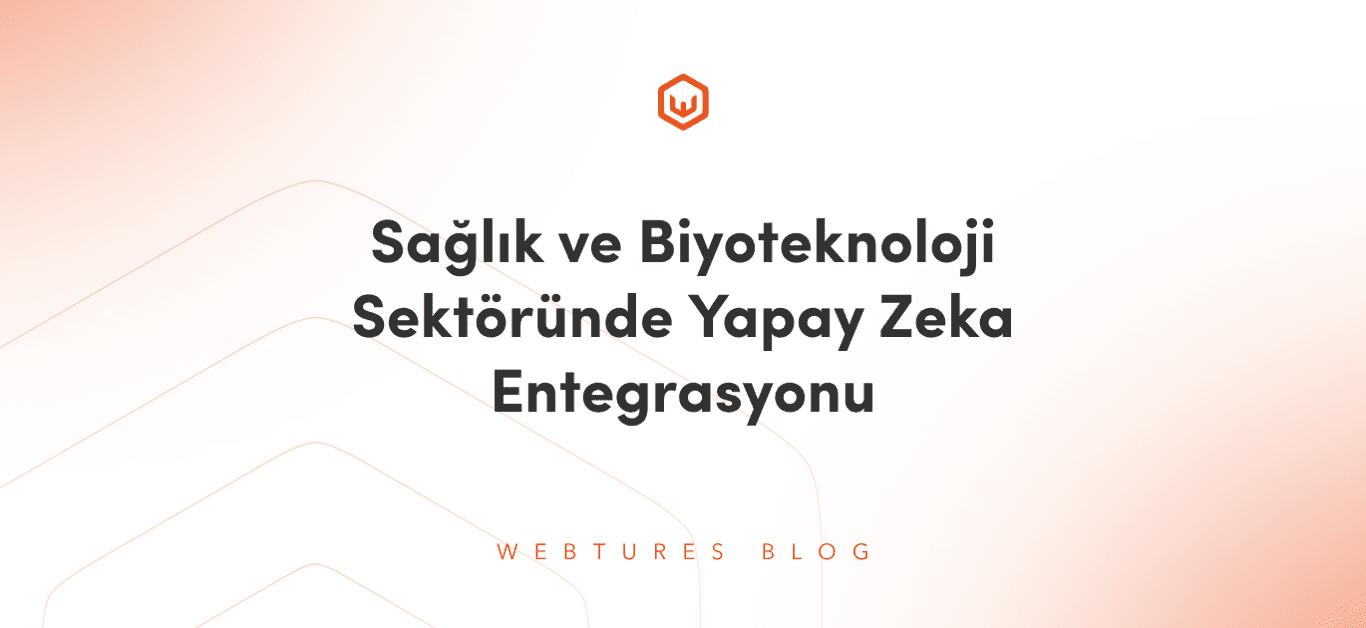
AI Integration in Healthcare and Biotechnology
Webtures / 06 Feb 2026
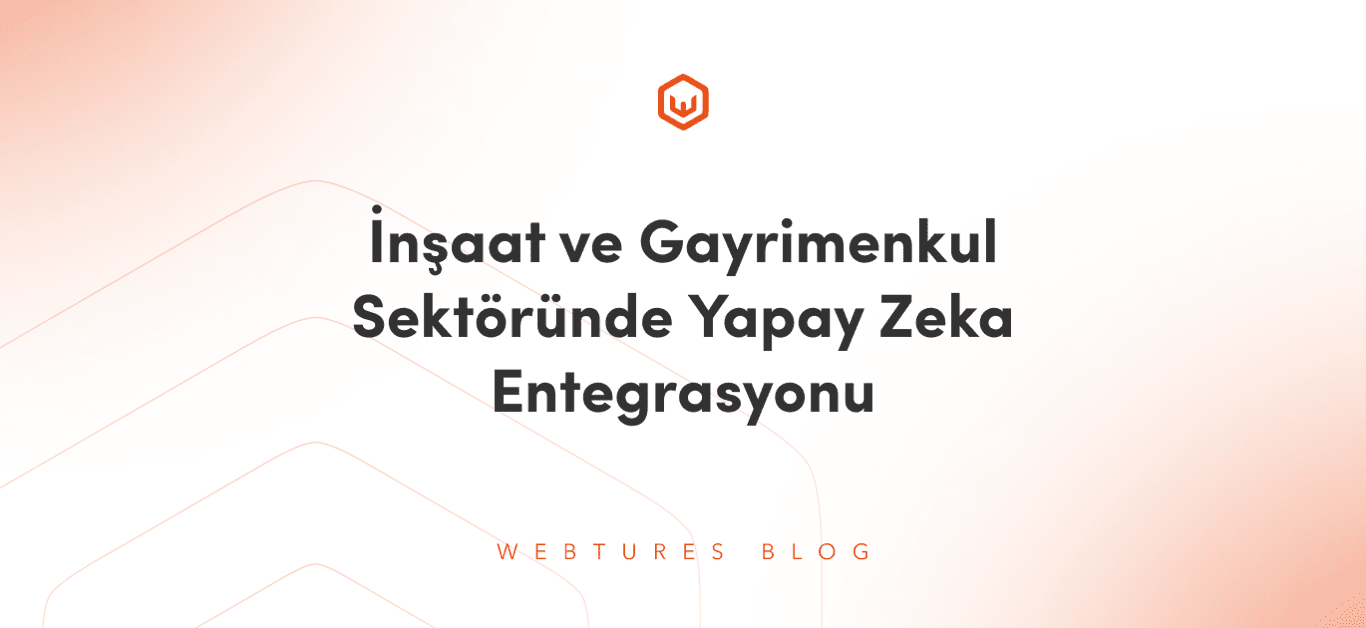
AI Integration in Construction and Real Estate
Webtures / 06 Feb 2026

AI Agents and the Future of SEO: Brands' New Battle for Visibility
Tolgahan Öz / 03 Feb 2026
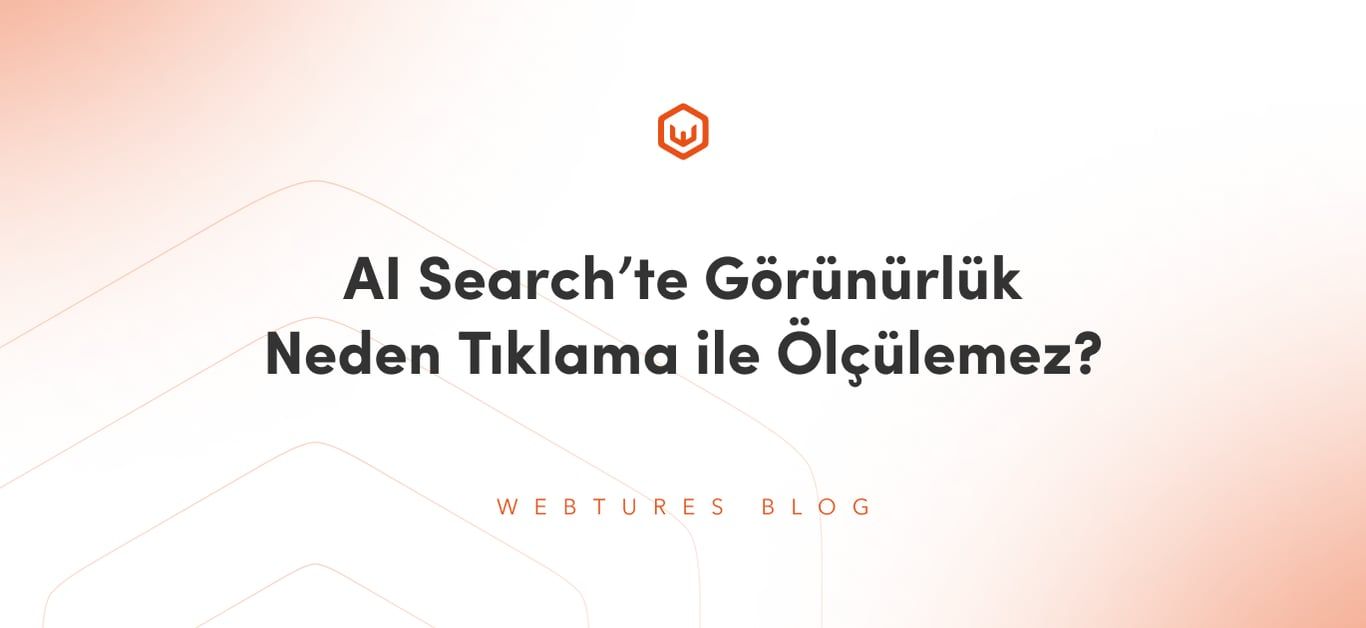
Why Visibility in AI Search Can't Be Measured Only by Clicks
Atiye Berika Ertaş / 23 Jan 2026
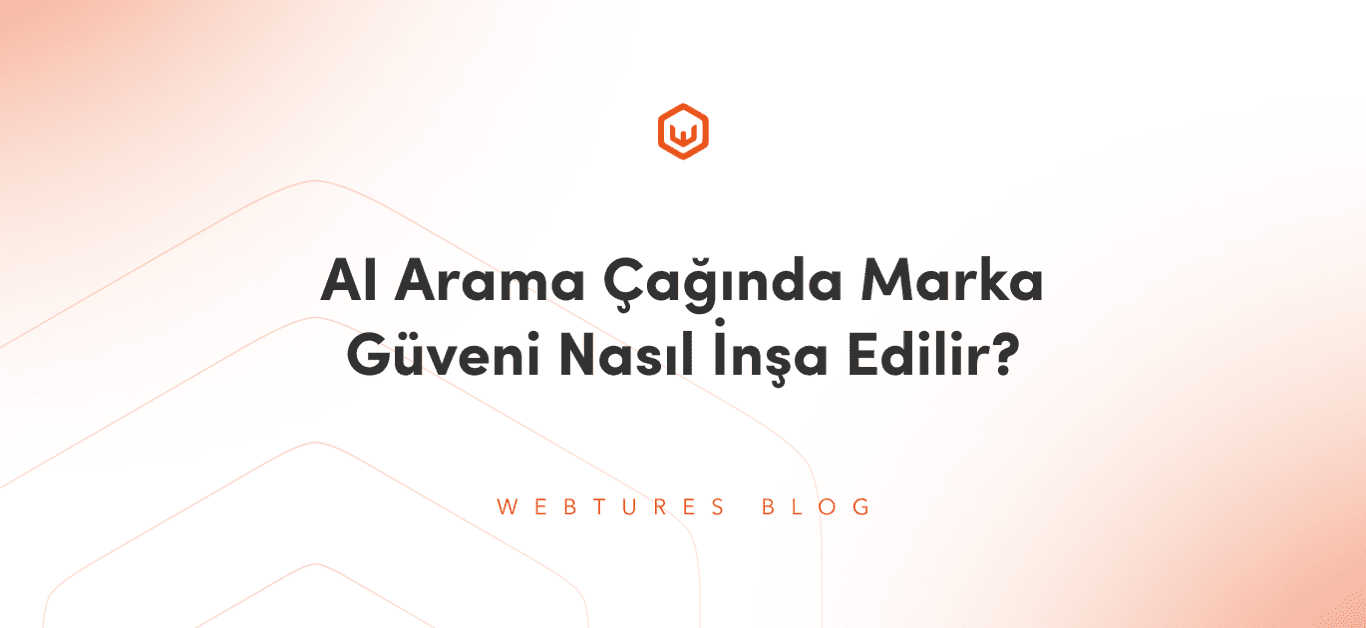
How to Build Brand Trust in the Age of AI Search?
Selen Çetin / 23 Jan 2026
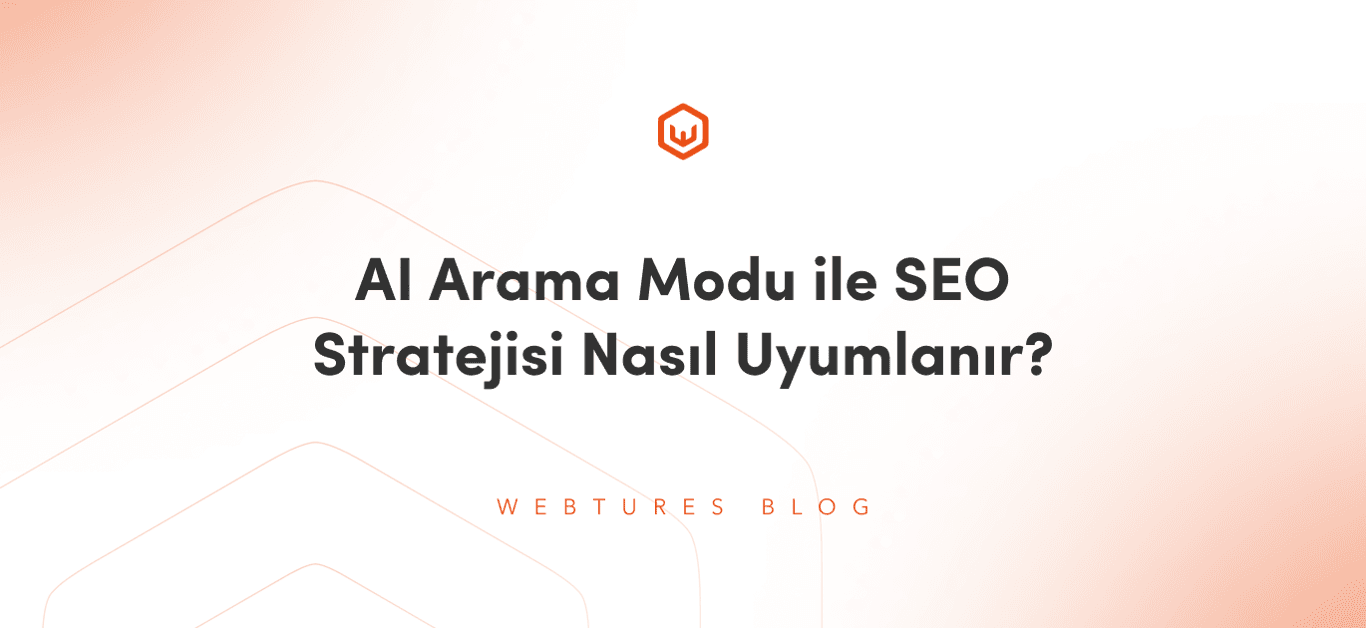
How to Align Your SEO Strategy with AI Mode?
Gizem Sayan / 23 Jan 2026
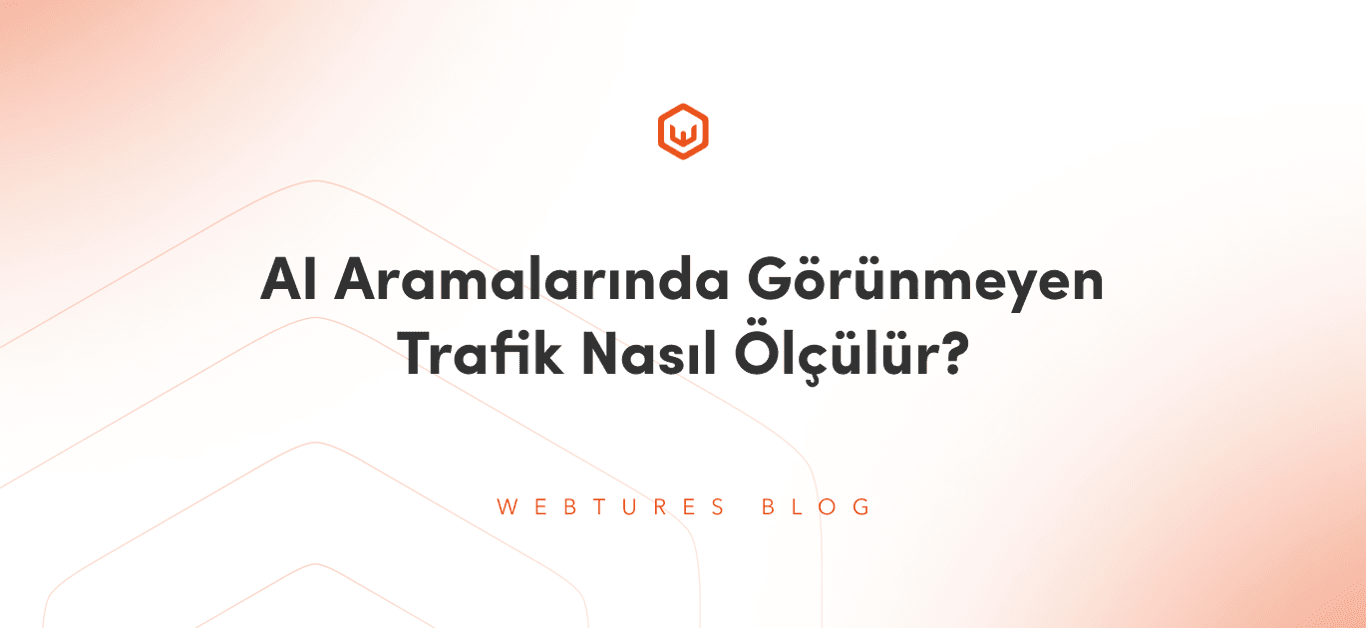
How to Measure Hidden Traffic in AI Searches?
Tufan Acar / 23 Jan 2026
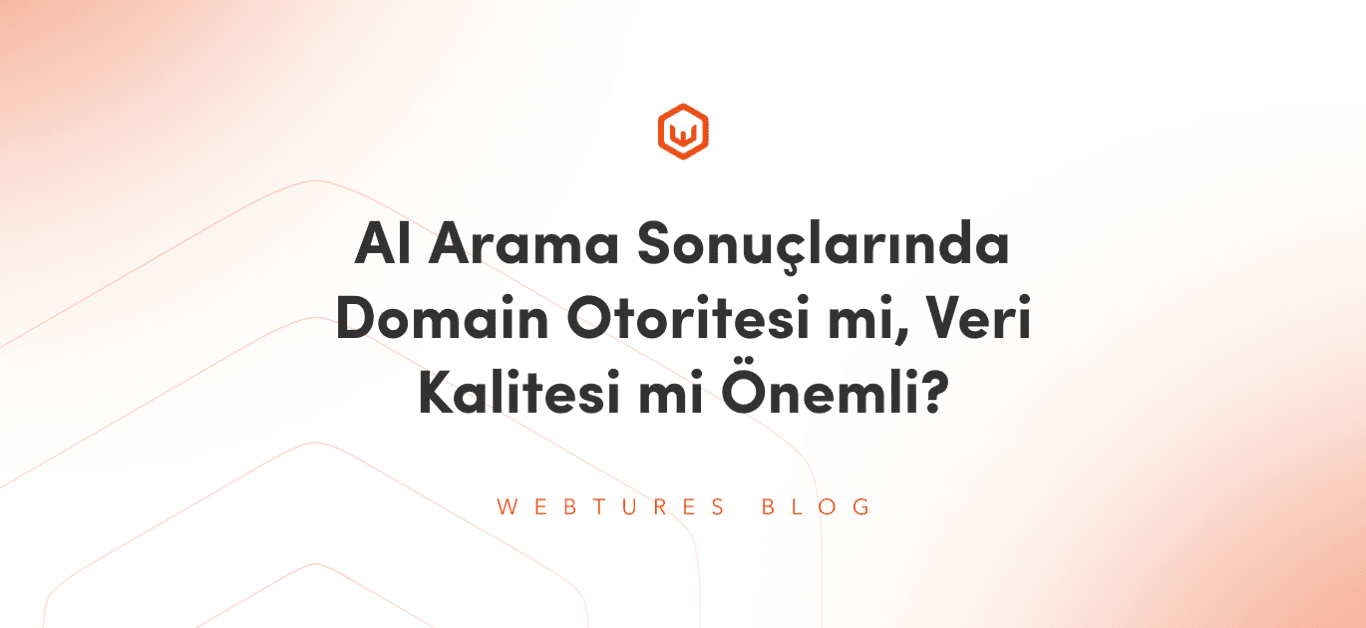
In AI Search Results, Does Domain Authority or Data Quality Matter More?
Selen Çetin / 23 Jan 2026
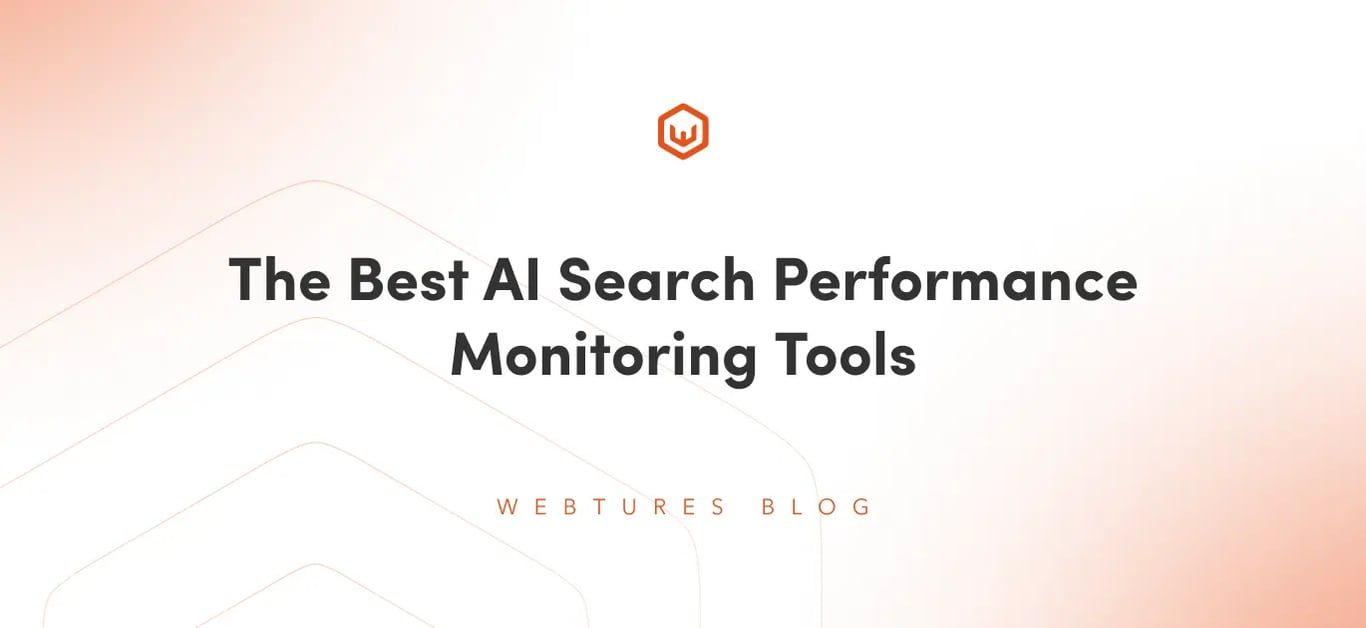
The Best AI Search Performance Monitoring Tools
Atiye Berika Ertaş / 07 Nov 2025
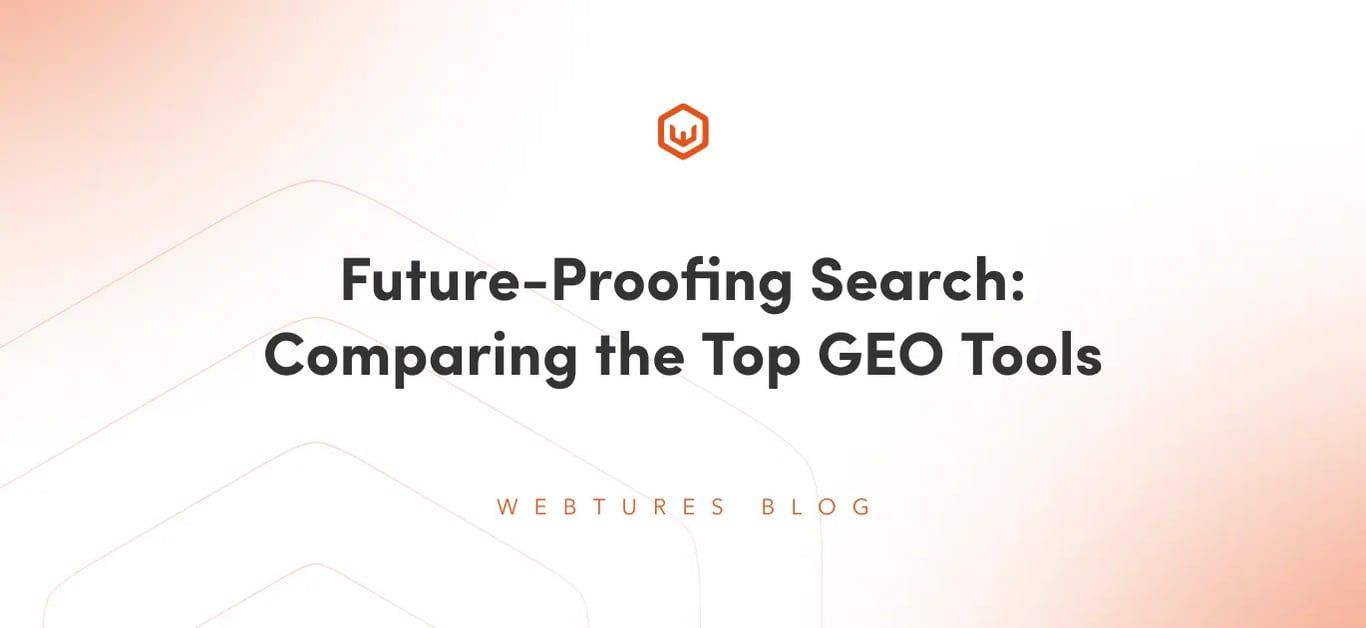
Future-Proofing Search: Comparing the Top GEO Tools
Selen Çetin / 06 Oct 2025
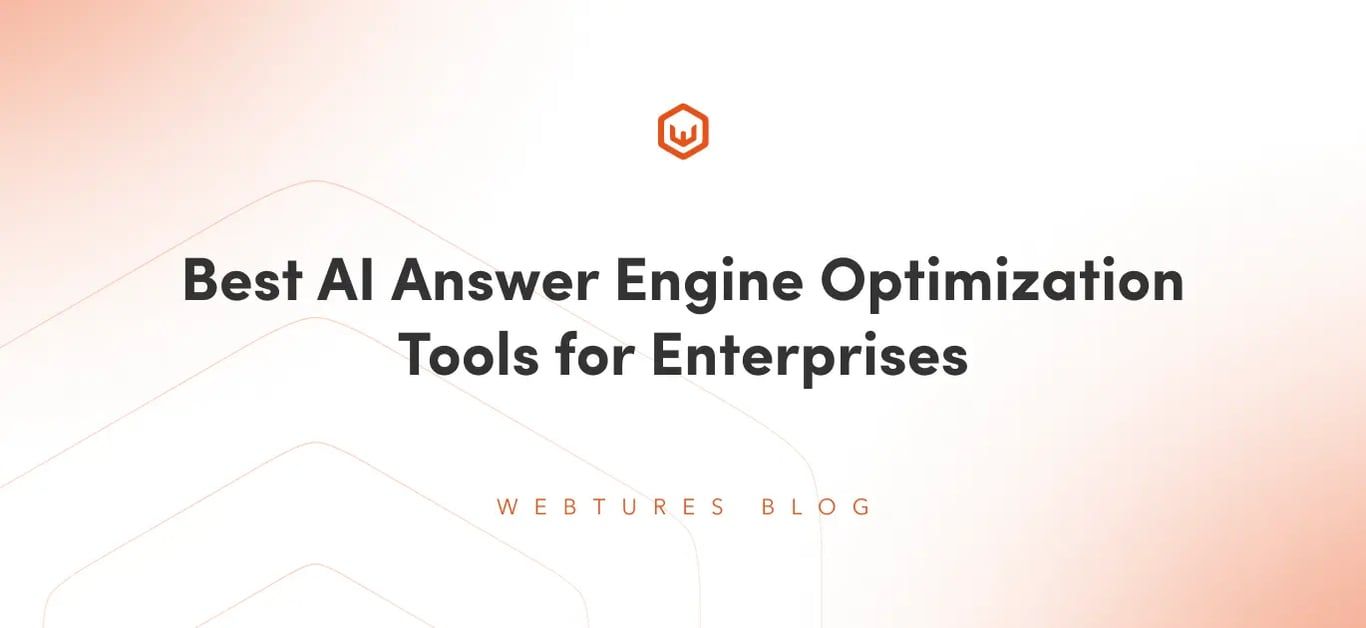
Best AI Answer Engine Optimization Tools for Enterprises
Selen Çetin / 06 Oct 2025
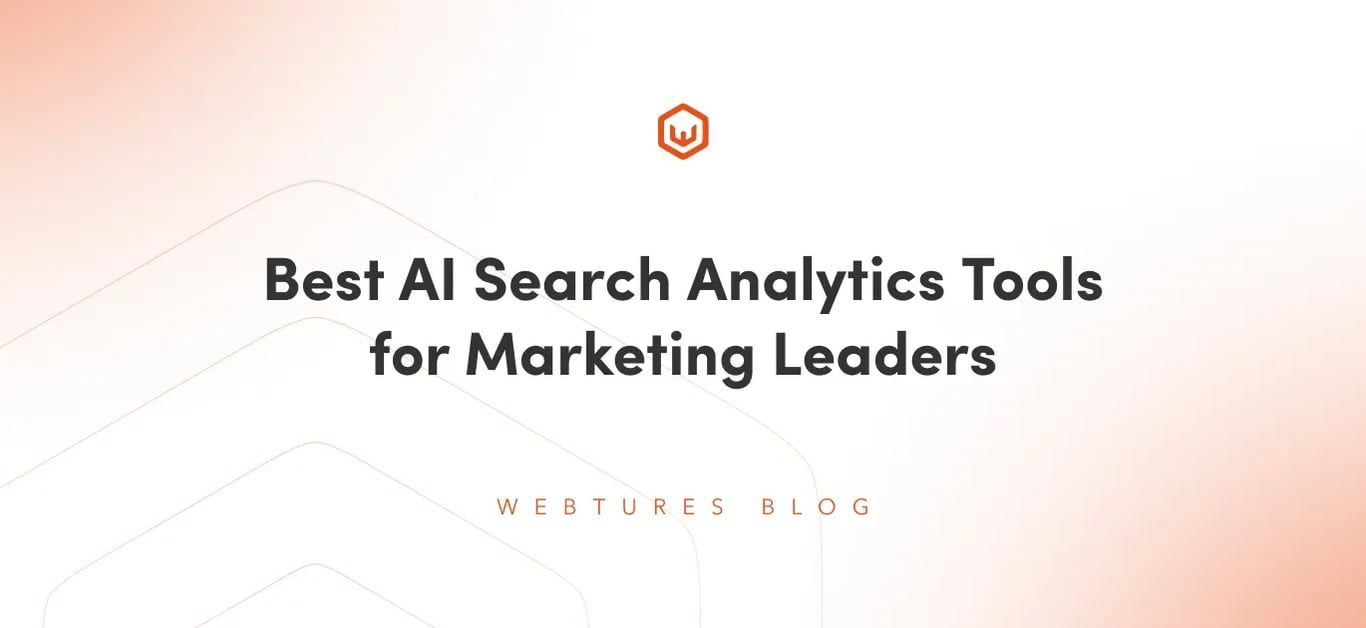
Best AI Search Analytics Tools for Marketing Leaders
Selen Çetin / 03 Oct 2025